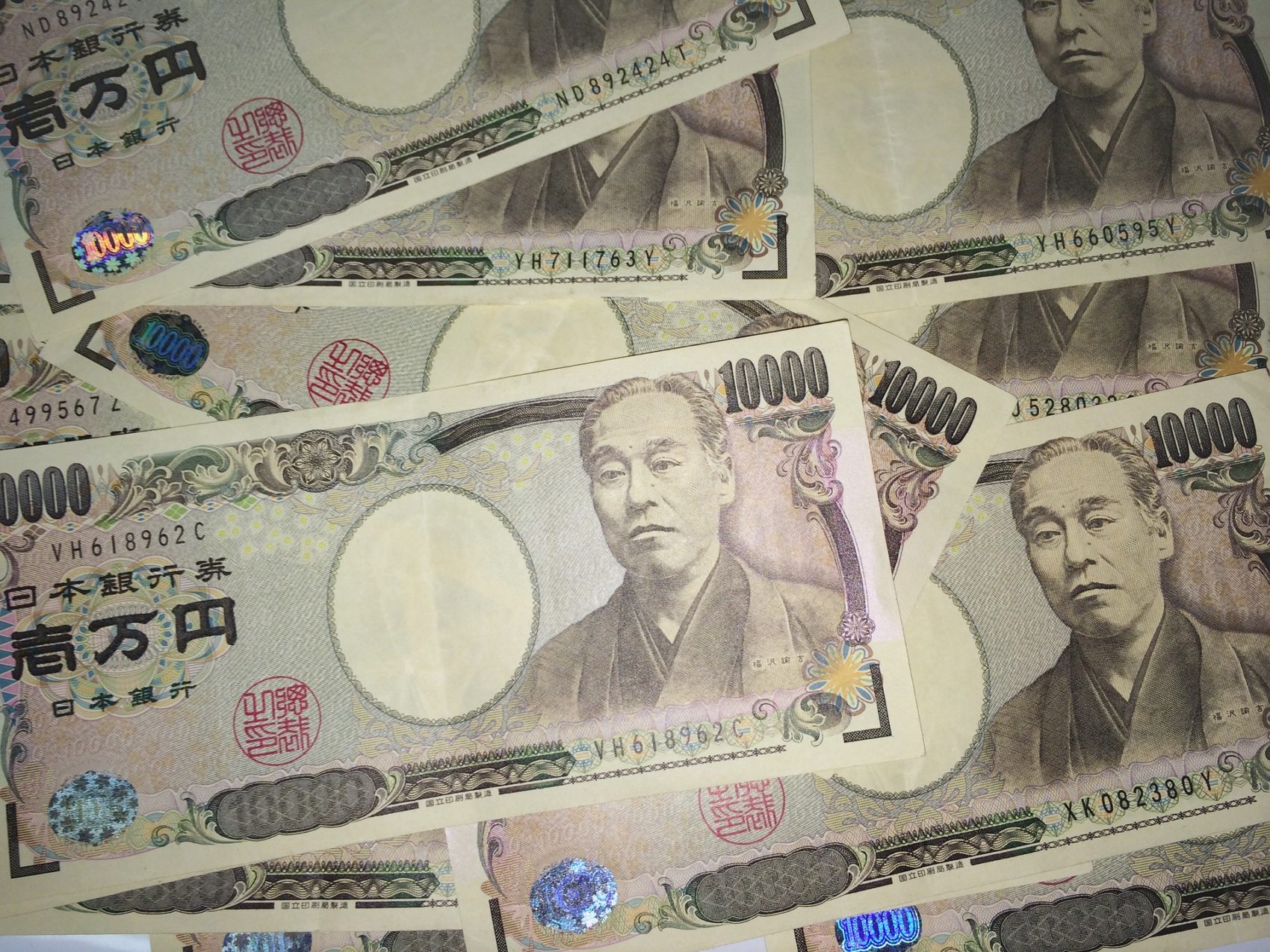Japanese yen on Tuesday hit 120 against the dollar for the first time in six years, raising concerns about its status as a safe-haven currency. The selloff was triggered after hawkish comments by US Federal Reserve Chairman Jerome Powell, who said the central bank may hike interest rates faster than expected, and in larger percentage points.
Why is the yen weakening?
Last week, the Bank of Japan said it will continue with its monetary policy easing as inflation approaches its 2% target in April.
Japan’s economy has been deflating for a few years now and the recent fall comes as a surprise as the yen is considered as a safe haven during times of crisis, such as the ongoing Ukraine-Russia war.
Reuters columnist Jamie McGeever writes, “The characteristics that usually lay the foundations for yen strength in times of global market upheaval – falling interest rates and commodities prices against the backdrop of a sizeable Japanese current account surplus – are not in place.”
Interest rates are on the rise globally, led by the hawkish stance of the US Federal Reserve. Commodity prices are touching all-time highs, and oil and gas prices too are rallying on fears of short supply from Russia.
Additionally, Japan logged its biggest current account deficit in January this year since 2014, highlighting the country’s dependence on imports of commodities and raw materials. This was the second-largest deficit comparable to a situation last seen in 1985, according to the Finance Ministry.
While a weaker yen should increase export volumes, it did not pan out as Japanese exporters are shifting production bases abroad, said analysts.
Japan’s inflation seems to be going up higher due to the increased costs of imported materials, as clarified by the central bank, instead of an improvement in the economy as the government is planning cash handouts for citizens and recently removed the subsidy ceiling on fuel.
“On one hand, the government tries to mitigate the impact of higher prices. On the other, the central bank is almost welcoming the weaker yen,” said Hideo Kumano, chief economist at Dai-ichi Life Research Institute, reports Nikkei Asia.
Additionally, experts see the yen declining further, potentially to 125 to the dollar, but Kumano is not sure whether it will serve as support.
Yen’s status as a safe haven
While it looks like the yen is not attractive anymore as a safe harbour, analysts believe this situation will be short-lived.
“Given such a temporary factor (high oil prices) and a hefty investment income surplus, I don’t think Japan’s balance of payment will swing to deficit as a trend anytime soon,” Takashi Miwa, chief economist at Nomura Securities, told Reuters.
Additionally, BOJ Governor Haruhiko Kuroda during a parliamentary session said that the yen’s depreciation will be more beneficial as long it’s gradual and in line with the nation’s economic fundamentals.
“Japan’s economy, labour markets, and price pressures are much softer than in the US or Europe. Given that the BOJ expects somewhat slower growth ahead, both domestic and internationally, due to the Ukraine crisis and its effect on commodity prices, it is no time to raise interest rates. Only if wages start to accelerate will the BOJ likely become much more hawkish,” said John Vail, chief global strategist at Nikko Asset Management.
However, Shyam Devani, Founder & Chief Market Strategist at SAV Markets writes on Smartkarma, “It would truly be astonishing to hear the BoJ ever openly complain about a weak Yen however the longer they insist on defending the yield curve as pressure continues to build, the larger this balloon becomes. Beware the pop.”
China’s Renminbi – The unlikely winner
After Russia attacked Ukraine, China’s yuan appreciated against the US dollar, as investors eyed Chinese assets as a potential safe harbour.
“We see resilient fundamentals in onshore China bonds and the CNY. We expect a rebound in China’s economy in the second half of 2022 and further monetary easing to attract inflows from global investors into the China bond market,” wrote Paula Chan, Senior Portfolio Manager at Manulife Investment Management in a note.
However, it is yet to be seen how the US Fed’s rate hike will impact the Chinese yuan, while concerns of a deteriorating US-China relationship amid the Ukraine-Russia conflict linger.










 Australia
Australia China
China India
India Indonesia
Indonesia Japan
Japan Malaysia
Malaysia Philippines
Philippines Singapore
Singapore South Korea
South Korea Taiwan
Taiwan Thailand
Thailand Vietnam
Vietnam Germany
Germany Hong Kong
Hong Kong USA
USA Switzerland
Switzerland Singapore
Singapore
 United Kingdom
United Kingdom








